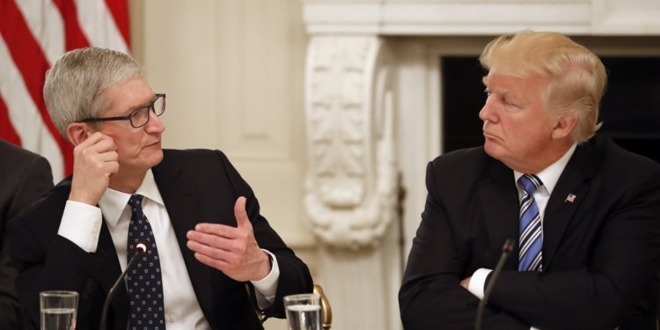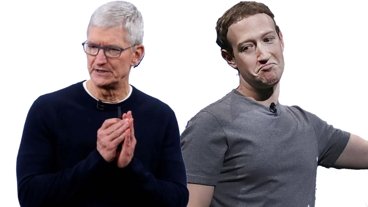President Donald Trump claims the Chinese government has called asking to make a deal to end the ongoing trade war, but a Chinese government spokesman and a major state-owned Chinese newspaper editor in chief both say no such calls have been made.
Speaking at the G-7 summit on Monday, Trump complimented Chinese President Xi Jinping for wanting to talk about the trade war. "China called last night our top trade people and said 'let's get back to the table,' so we will be getting back to the table and I think they want to do something," Trump advised.
China has been "hurt very badly" according to the U.S. President, with China understanding "this is the right thing to do," with Trump having respect for the move, reports CNBC.
"I think we are going to have a deal," Trump insisted. "They have supply chains that are unbelievably intricate and people are all leaving and they are going to other countries, including the United States by the way, we are going to get a lot of them too."
While potentially welcoming to organizations affected by the tariffs, there is disagreement between what Trump claims and what is being said by other parties.
"We resolutely oppose the escalation of the trade war, which is not beneficial to the US or China. It is also not beneficial to the world," said Chinese trade negotiator Vice-Premier Liu He on Monday.
Chinese Foreign Ministry spokesman Geng Shuang advised he was unaware of a phone call between the two countries over the matter. Geng added that the US needed to "return to rationality and abandon its wrongful measures."
"The trade conflicts between China and the US have to be resolved through dialogue, but the increase in tariffs on Chinese goods by the US side would hurt both itself and others, and is not constructive at all," added Geng.
Additionally, Hu Xijin, editor in chief of the Global Times, also disputed the calls existence on Twitter. "Based on what I know, Chinese and US top negotiators didn't hold phone talks in recent days," wrote Hu. "The two sides have been keeping contact at (a) technical level, it doesn't have significance that President Trump suggested. China didn't change its position. China won't cave to US pressure."
The Global Times is a publication controlled by official Communist Party of China newspaper The People's Daily, giving Hu's comments weight. Hu also revealed China's intention to apply tariffs on $75 billion of US goods hours before an official announcement was made, indicating Hu has contacts within the government.
Trump declined to comment about the substance of the calls, suggesting it was made "at the highest level. He then advised the "vice chairman put out a statement last night that was a statement and saying that he wants to make a deal and he wants calm."
The latest talking point follows other related pronouncements, including Trump's "order" for companies to cease manufacturing in China, as well as admitting to "second thoughts" about his handling of the trade war, albeit a statement later clarified to mean he could have applied tougher tariffs.
"Actually we are getting along very well with China right now, we are talking," said President Trump on Sunday in regards to the tariffs. "I think they want to make a deal much more than I do. I'm getting a lot of money in tariffs its coming in by the billions. We've never gotten 10 cents from China, so we will see what happens."
Neither the Chinese government, nor Chinese companies are paying the tariffs. The money coming in "by the billions," according to the president, is being paid by the importers of the goods, including companies like Apple, Target, Walmart, and other US retailers and businesses.
Analysts have suggested Apple could move production out of China and into other countries for iPhones destined for US shores, in order to avoid a 10% tariff on the smartphones that will be implemented in December, though Apple CEO Tim Cook warns not to rely on reports suggesting it would do so.
 Malcolm Owen
Malcolm Owen








 Wesley Hilliard
Wesley Hilliard

 Andrew Orr
Andrew Orr
 William Gallagher
William Gallagher
 Sponsored Content
Sponsored Content
 Christine McKee
Christine McKee

 Thomas Sibilly
Thomas Sibilly





